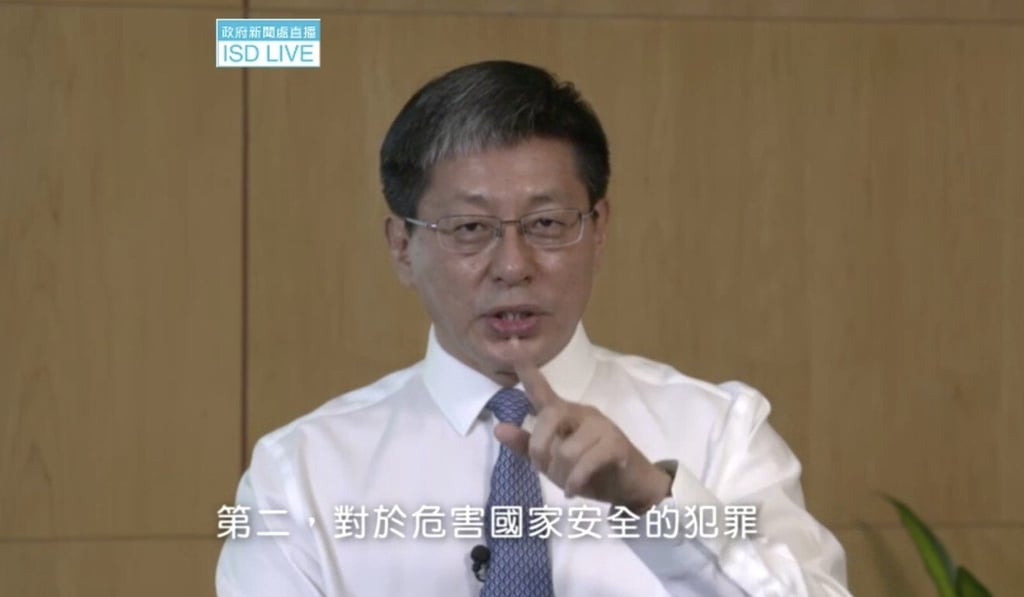Senior Beijing official lays out China’s view on national security risks to the nation
- The country faces traditional threats but also risks arising from finance and cybersecurity, explains Zhang Yong
- The leadership is enforcing a security law on Hong Kong because the city has failed to address the issue since the handover, he says

A senior Beijing official offered the central government’s clearest definition yet on national security on Monday, saying that rather than focusing only on traditional and territorial threats, China must also manage risks in areas ranging from finance to internet and nuclear security.
Speaking in a webinar, Zhang Yong, vice-chairman of the Basic Law Committee under the National People’s Congress (NPC) Standing Committee, also criticised the Hong Kong government for failing to make progress on enacting national security legislation since the city was returned from British rule 23 years ago, making it necessary for Beijing to take action.
The NPC passed a resolution on May 28 authorising its standing committee to impose the law on Hong Kong outlawing secession, subversion of state power, terrorism and foreign interference in the city. The new legislation could be ready as early as this month.
“As a local government, the Hong Kong Special Administrative Region has the obligation to fulfil [Article 23 of Basic Law],” Zhang said. “But 23 years have passed. What is it now like in respect to national security? The legal framework is still blank.”

A bill under Article 23 of the city’s mini-constitution was shelved in 2003 after an estimated half a million people took to the streets in opposition, fearing civil liberties would be curbed.